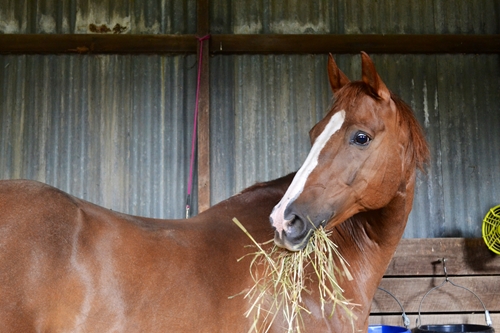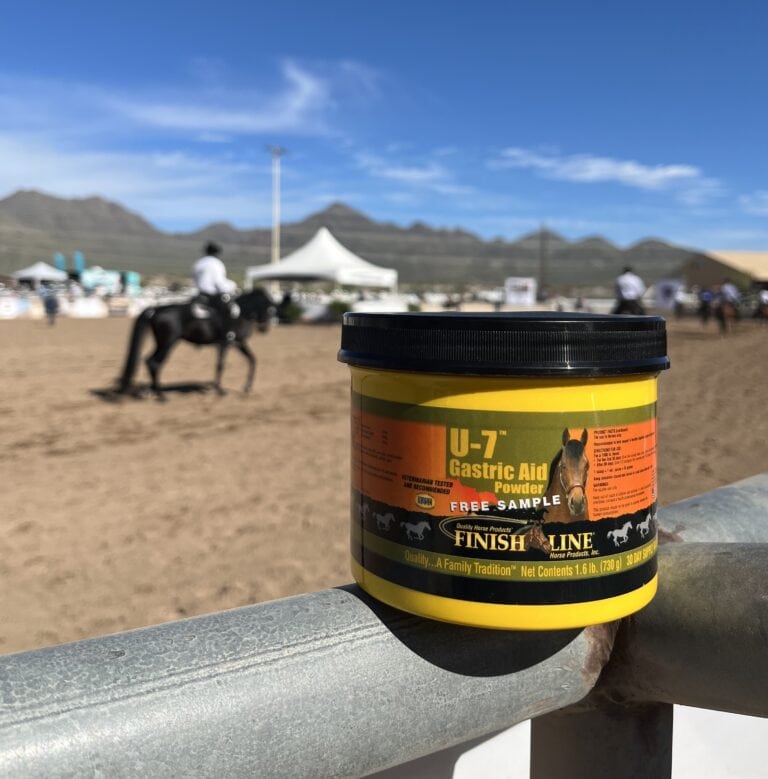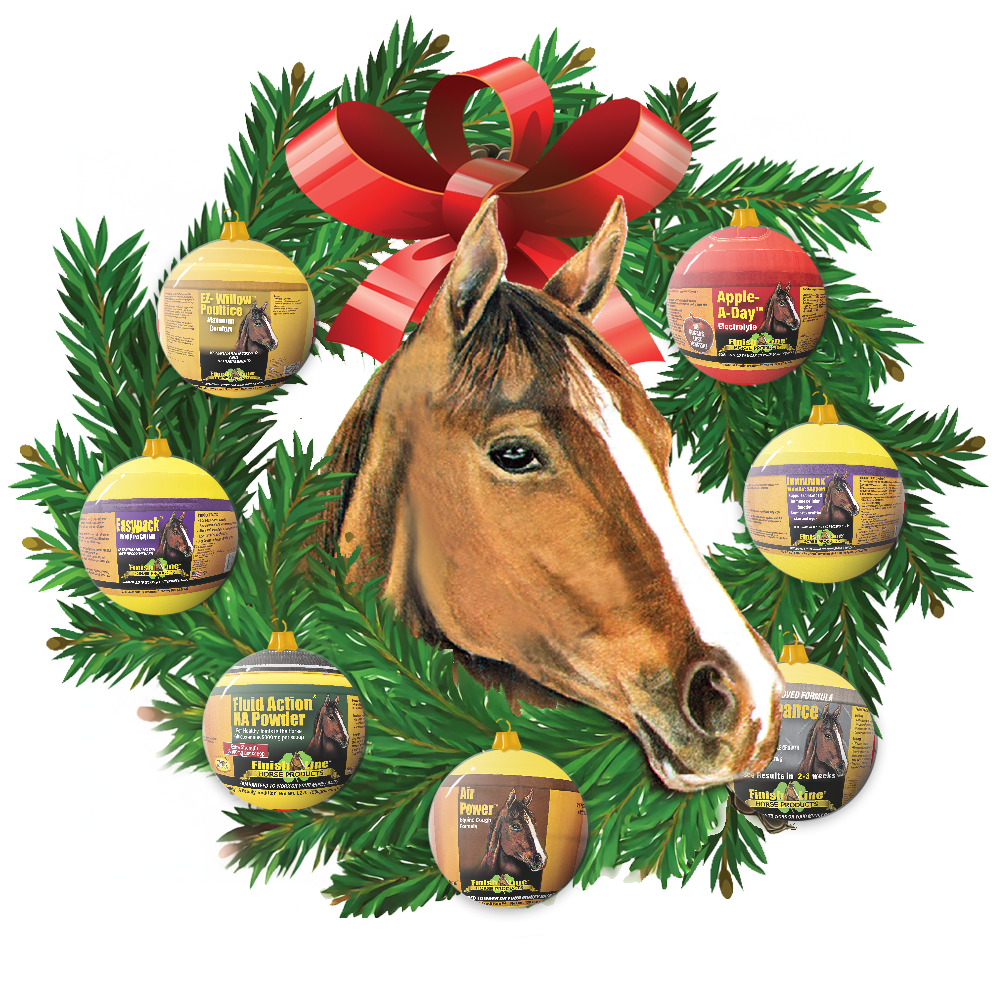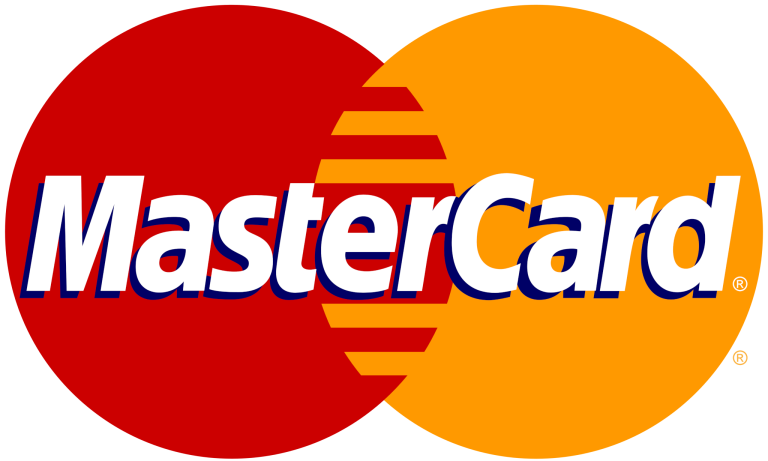A happy gut makes for a happy horse. However, gastric health in horses appears to be a moving target. As these animals grow and change, they develop different needs. Gastric health relies on a number of factors – genetics, environment and food quality are just a few of the elements that have an effect on digestive health. The key to attaining full gastric health in horses is to take a balanced approach, addressing a wide variety of needs and weaknesses your horse may have. Here are a few key things to consider when addressing your horse’s digestive health:
1. Gut Checks Start with Hydration
Proper hydration is central to overall health in horses, including gastric wellness. Water helps horses maintain proper energy levels, helps flush out toxins from the digestive system and promotes muscle strength and flexibility.
It’s always important for a horse to be properly hydrated – after a workout, a long ride or even during a slow day. As any owner knows, though, horses must sometimes be led to water. To encourage your animal to stay hydrated, always keep a bucket of fresh clean water available for them to drink while in their stalls.
After a cool down post-workout, be sure to show your horse to their bucket if they haven’t brought themselves to drink on their own. If a horse is resisting water, try feeding them a bit of hay to spark their thirst. You can also help replenish their electrolytes by using Finish Line’s Electrocharge rapid absorption paste, which promotes healthy hydration levels in large animals.
2. Focusing on Fiber Primes Gastric Health
A fibrous diet is crucial to achieving prime gastric health in horses. Fiber promotes regularity and helps cleanse the digestive tract, resulting in healthy bowels. While eating fresh roughage or dried hay is a standard part of an equine diet, a good way to get your horse consistent fiber in their diet during cold winter months without fresh grass is through specially formulated feeds.
When selecting a feed for your horse, be sure to consider their needs and choose appropriately. For example, if you and your horse live in a region that experiences bitter winters, you may need to switch their diet to one that relies more heavily on feeds during the cold months.
Forage, however, is still crucial. It’s a source of fiber that can contribute to gastric motility that keeps the digestive tract moving in a healthy manner. Instead of feeding your horse in large quantities in the morning and evening, give them access to forage that they can nibble at throughout the day, which will keep their digestive tract in motion.
3. Equine Gut Health and Conditioning Are Connected
Equine digestive wellness is about more than just food – exercise and fitness are key elements to maintaining true health. Proper digestion requires vigorous movement as well as enough rest, so be sure to get your horse out and moving regularly. Some have linked colic – a common equine gastric health problem – to too much time in stalls and not enough time outside.
Horses can have trouble adjusting from a heavy workload to standing in their stalls all day. Let them graze whenever possible, and on even the coldest days, be sure to let them stretch their legs by taking gentle walks outside.
Stall confinement may be necessary at some points. During these times, be sure to give your horse hay to chew on throughout the day, as a bored animal may resort to eating the dirt or sand in their stall, which can lead to intestinal trouble.












